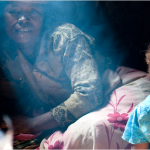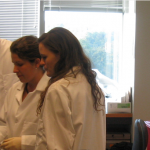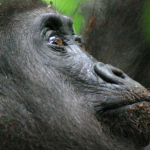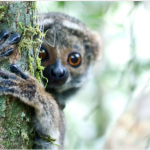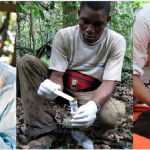Global Health and Biodiversity Conservation
Pathogen emergence is disproportionately associated with the tropics and is often linked to anthropogenic change. The overall goal of our work is to determine how and why anthropogenic changes to tropical forests place people and wildlife in such ecosystems at increased risk of pathogen exchange. The central hypothesis of this work is that key human behaviors, wildlife behaviors, ecological conditions, and landscape features increase the risks of interspecific disease transmission. This effort entails a combination of epidemiology, molecular ecology, behavioral ecology, social and clinical survey, and spatially explicit modeling. The ultimate products are implementable plans for protecting human and wildlife health, while simultaneously ensuring the sustainability of the ecosystems within which they live.

